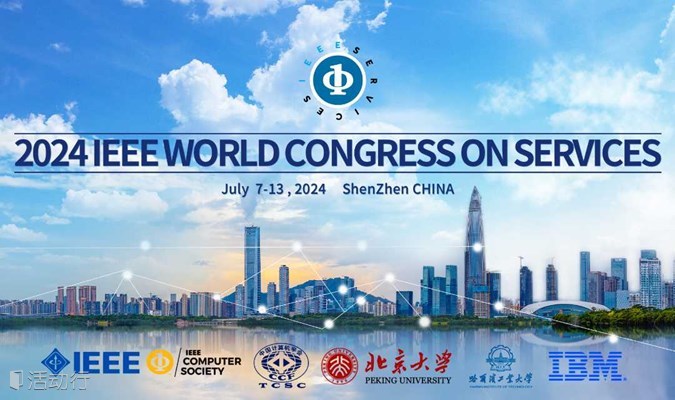Adaptive AI at IEEE Services 2024, Shenzhen, China 🇨🇳

Table of Contents
Advancing Machine Learning on Streaming Data
We are proud to announce that our latest research was presented at the IEEE International Conference on Web Services (ICWS 2024), a premier event under the IEEE Services Congress, which is the largest global conference on services. ICWS stands as the top venue for groundbreaking research in web services, and we were honored to share our insights with an audience of leading experts in the field.
The Challenge: Adapting Machine Learning Models for Streaming Data
In the rapidly evolving domain of machine learning on streaming data, ensuring optimal model performance is no small feat. Models must adapt to dynamic changes in input data patterns, but traditional methods often fall short. Static model selection can lead to suboptimal results, while frequent redeployments add significant operational overhead.
Our research tackles this challenge by introducing a self-adaptive system designed to balance the tradeoff between model performance and redeployment frequency.
Key Contributions of Our Research
The paper presented at ICWS 2024 introduces a novel framework inspired by the MAPE-K reference model and includes:
-
Adaptive Model Selection Control Loop: A self-adaptive system continuously monitors and evaluates model performance on production and experimental data. By leveraging this feedback loop, our approach ensures optimal model deployment without manual intervention.
-
“What-If” Experimental Environments: To simulate production-like scenarios, our framework introduces experimental environments that collect additional data for evaluation. This allows models to be tested and selected under realistic conditions, reducing the risks of underperformance in deployment.
-
Learning-Based Selection Strategy: A learning-based method identifies patterns in model selection, effectively minimizing the need for continuous experimental data collection. This innovation enables long-term efficiency and reduced computational costs.
-
Real-World Validation: We validated our approach on an energy forecasting use case spanning 16 years of data, achieving a 34% reduction in errors compared to traditional static selection. Moreover, the system demonstrated that experimental “what-if” analyses could be discontinued using just 12% of historical data, proving the practicality of our adaptive strategy for long-term tasks.
Why It Matters
Our research addresses a critical bottleneck in the deployment of machine learning models on streaming data. By enabling automated and efficient model adaptation, the framework not only enhances performance but also reduces the costs and complexity associated with frequent redeployments.
This innovation has profound implications for industries relying on real-time data analysis, such as energy forecasting, finance, and healthcare. It represents a significant step toward more sustainable and scalable machine learning operations.
The Future of AI in Streaming Data
Presenting this work at ICWS 2024 highlights our commitment to advancing machine learning technologies that solve real-world challenges. We are excited about the potential applications of this research and look forward to collaborating with organizations seeking to leverage adaptive AI strategies.
If you’re interested in exploring how this research can benefit your organization or want to learn more about our work, we’d love to hear from you. Together, let’s shape the future of AI-driven innovation.
References
The paper is published by IEEE and available in the proceedings:
📄 Self-Adaptive Service Selection for Machine Learning Continuous Delivery
Authors: Mostafa Hadadian, Viktoriya Degeler, Alexander Lazovik